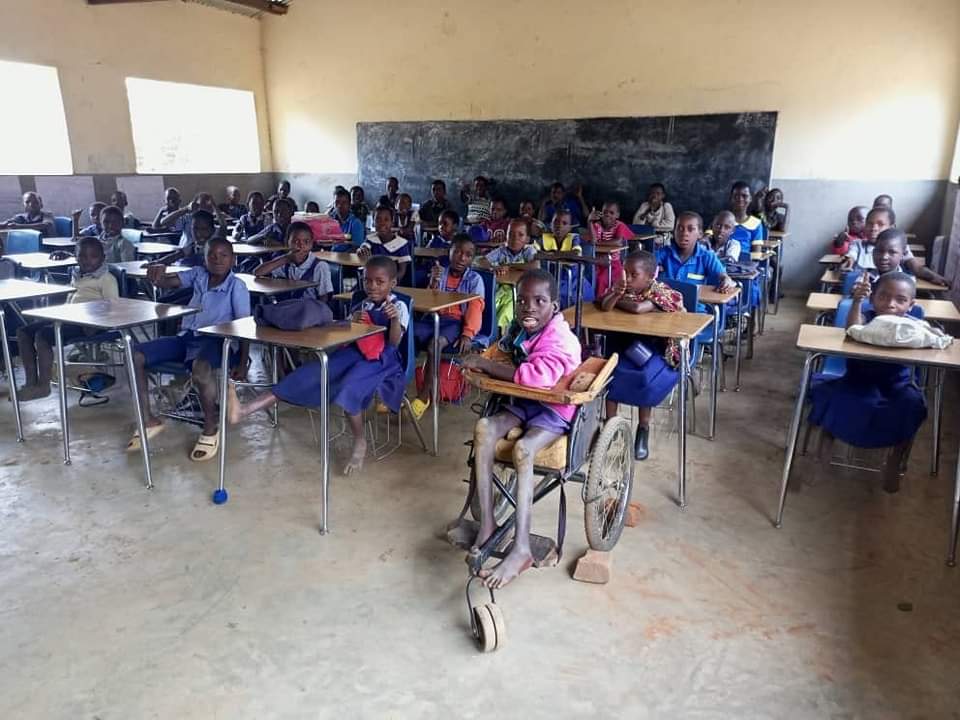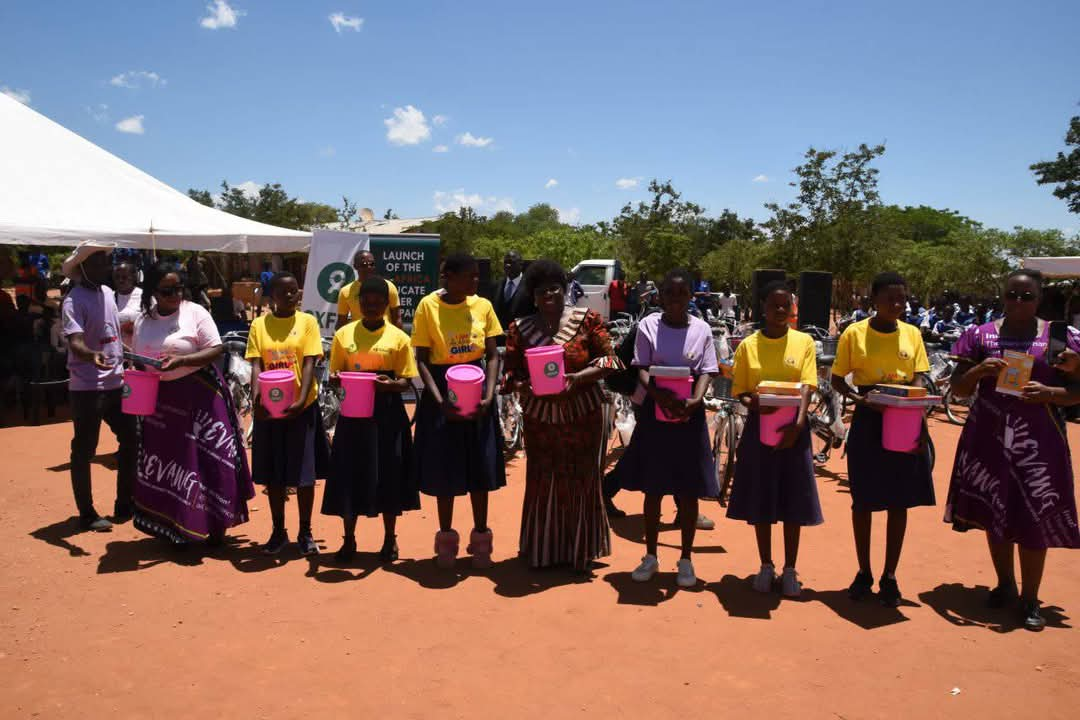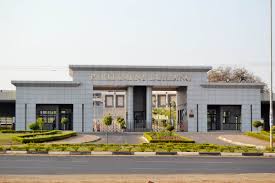By Burnett Munthali
Education stakeholders in Mwanza have identified insufficient teaching and learning resources as major contributors to the poor performance of learners in national examinations. This observation was made during a ceremony where World Vision Malawi donated 251 pieces of school furniture to Phanda and Chiwale primary schools in Senior Chief Nthache’s area.
The donation, which included desks and chairs, was equally distributed between the two schools and is expected to address some of the critical shortages in classroom resources. Speaking during the event, Emily Matewere, Primary School Advisor (PEA) for Thawale zone, expressed gratitude to World Vision Malawi for the much-needed support. She emphasized that the new furniture would encourage learners to attend school more regularly and participate actively in lessons, as they would no longer have to sit on the floor during classes.
Matewere’s sentiments were echoed by Chiwale Primary School headteacher Elliot Mlera, who revealed that prior to the donation, the school was relying on 40 dilapidated desks donated in 2016. The condition of these desks, combined with the growing student population, had been a challenge for both teachers and learners, impacting the overall learning environment.
- Reclaiming NEEF for the People: A Call to Dismantle Barriers and Deliver Real Economic Justice
- Pressure Mounts on Attorney General Frank Mbeta as CDEDI Demands Resignation
- Nathenje Communities Laud APM’s Governance
- SKC memorial golf tourney March 28
- Ayuba James: A Steadfast Voice of Integrity Within the MCP
Samson Semu, World Vision Malawi’s Programmes Manager for Mwanza district, reaffirmed the organization’s commitment to improving education standards in Malawi. He noted that the donation was part of a broader initiative to support the government’s efforts to uplift the quality of education across the country. Semu acknowledged that insufficient resources in schools, particularly in rural areas like Mwanza, were hindering educational progress.
“This donation is just a part of our ongoing support to the education sector. We recognize that lack of proper learning infrastructure greatly affects the performance of learners, and we are committed to doing our part to bridge that gap,” Semu said.
The donation was made possible through the support of World Vision America, which has partnered with World Vision Malawi to enhance education infrastructure in the region. This initiative is seen as crucial to ensuring that learners, particularly those in rural and underserved communities, have access to better learning environments that promote academic success.
As resource shortages continue to affect the quality of education in many parts of the country, stakeholders are hopeful that initiatives like this will contribute to improved performance in national examinations. However, many believe that more sustained efforts are needed to address the systemic challenges facing the education sector, including shortages in teaching materials, qualified teachers, and classroom space.
The donation from World Vision Malawi is expected to not only improve learning conditions but also inspire other organizations and the government to take further steps toward addressing the critical needs of the education sector in Malawi.




